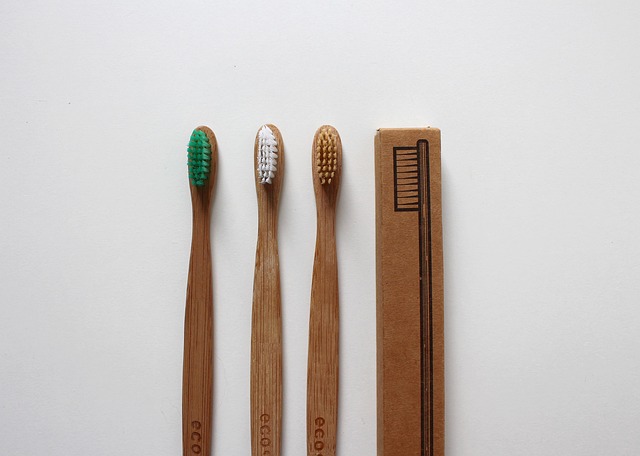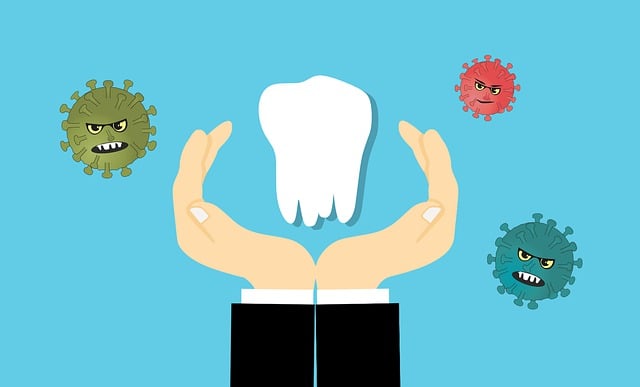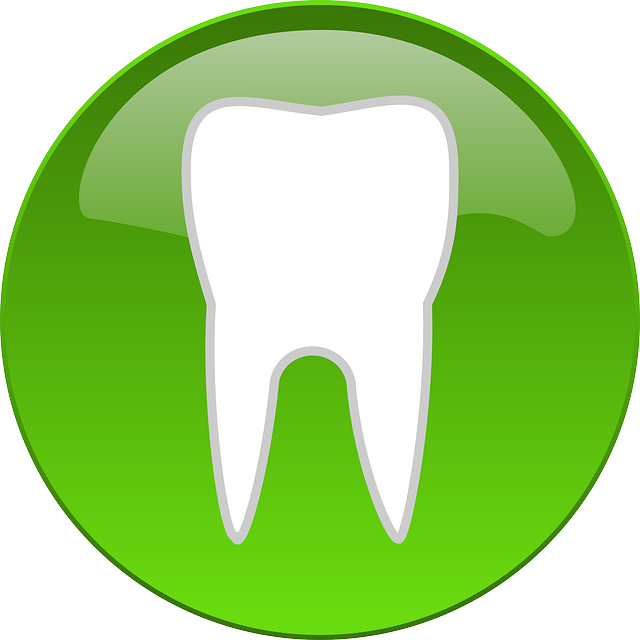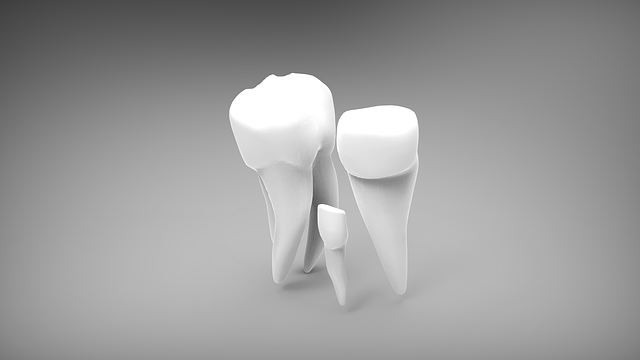Dental sealants, applied by pediatric dentists, protect children's teeth from decay by sealing enamel grooves. This prevents plaque buildup and bacteria, especially for infants and kids with poor cleaning habits or dental emergencies. Pediatric specialists offer tailored home care advice and manage complex cases, making them ideal for long-term oral health management. Regular check-ups, proper brushing, flossing, and professional cleanings maintain sealant effectiveness, ensuring healthy smiles from childhood to adulthood.
Dental sealants are an effective way to protect children’s teeth from decay. This article explores why choosing a pediatric dentist for sealant application is crucial, highlighting the benefits of dental sealants on primary teeth and what to expect during the procedure. We’ll also delve into maintaining healthy smiles with regular check-ups, providing parents with essential insights for their kids’ oral health.
- Understanding Dental Sealants for Kids
- Why Choose a Pediatric Dentist for Sealant Application
- The Benefits of Dental Sealants on Primary Teeth
- What to Expect During a Sealant Procedure
- Maintaining Healthy Smiles with Regular Sealant Check-ups
Understanding Dental Sealants for Kids

Dental sealants are a simple yet effective way to protect children’s teeth from decay and other oral health issues. Commonly applied by pediatric dentists, these thin protective coatings are painted onto the chewing surfaces of back teeth (molars) to prevent plaque buildup and bacteria from causing cavities.
Sealants create a barrier over the tooth’s enamel, making it easier for kids to maintain good oral hygiene practices like proper brushing and flossing. They are particularly beneficial for children who might struggle with thorough teeth cleaning for infants or face frequent children’s dental emergencies due to decay. Over time, sealants can wear off and may need reapplication, but they remain a safe and kid-approved dental procedure that promotes long-term oral health.
Why Choose a Pediatric Dentist for Sealant Application

When considering dental sealants for your child’s protection, choosing a pediatric dentist is paramount. These specialists are trained to address the unique needs and fears associated with children, ensuring a comfortable and positive experience during sealant application. A pediatric dentist can also offer expert advice on home care, tailored specifically for baby teeth, which are especially vulnerable to tooth decay during early development.
Beyond routine care, pediatric dentists are equipped to handle more complex cases, including special needs dentistry for kids. They understand that every child is unique, and their approach respects individual requirements, making them the ideal choice for comprehensive dental health management from childhood through adolescence.
The Benefits of Dental Sealants on Primary Teeth
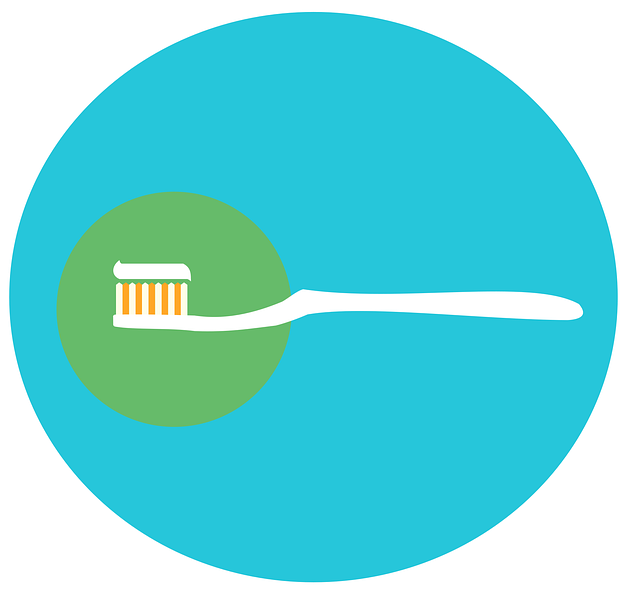
Dental sealants offer numerous advantages for children’s oral health, especially when applied to their primary (baby) teeth. This protective coating, typically made from a resin material, acts as a barrier against plaque and bacteria, which are the main causes of tooth decay. By sealing the small pits and grooves on the surface of teeth, sealants prevent food particles and debris from getting trapped, thereby reducing the risk of cavities forming.
Pediatric dentist recommendations often include sealant application as a proactive measure in a child’s oral care routine. Unlike fillings or crowns, which may be necessary if tooth decay has already started, sealants provide a preventative solution. Moreover, home care advice for baby teeth from kid-focused oral care clinics emphasizes the importance of regular brushing and flossing alongside sealant use to maintain optimal dental health.
What to Expect During a Sealant Procedure
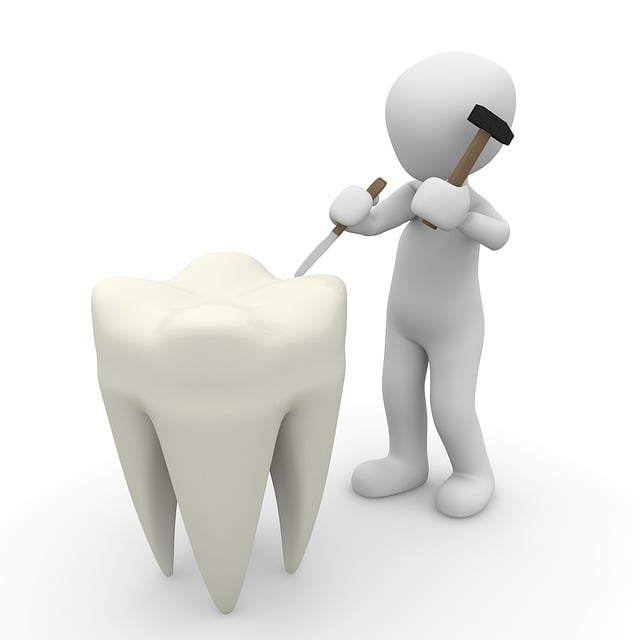
During a sealant procedure at your pediatric dentist’s office, you can expect a quick and virtually painless experience designed to protect your child’s teeth from tooth decay. The process begins with a thorough cleaning of the target teeth, often molars or premolars, which are most susceptible to cavities. The dental professional then applies a thin coat of sealant material, usually a composite resin, to the chewing surfaces of these teeth. This material hardens quickly when exposed to light, creating a protective barrier over tiny cracks and crevices where bacteria can accumulate.
After the sealant is applied, it’s important for your child to maintain good oral hygiene education for youth by brushing and flossing regularly, as this will ensure the longevity of the sealants. Regular check-ups with your pediatric dentist, including professional teeth cleaning for infants, are crucial in monitoring the health of your child’s teeth and reapplying sealants as needed. This proactive approach, combined with proper toothpaste and oral hygiene techniques, contributes to effective tooth decay prevention for children.
Maintaining Healthy Smiles with Regular Sealant Check-ups
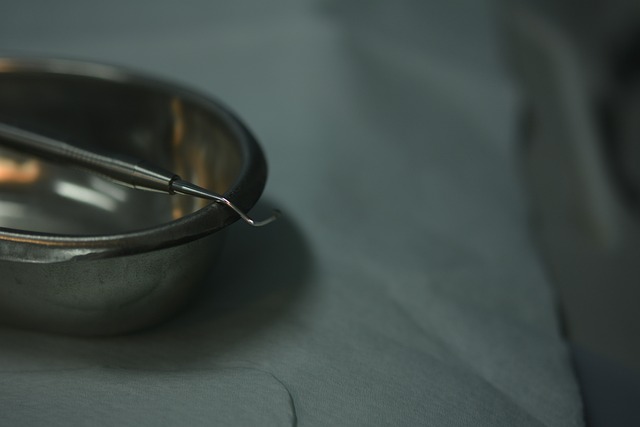
Maintaining a healthy smile is an essential aspect of a child’s overall well-being, and regular check-ups with a pediatric dentist play a crucial role in achieving this. Dental sealants, often applied during routine visits, are an effective way to protect young teeth from decay. These protective coatings are especially beneficial for children with special needs, as they can provide additional reinforcement against plaque and bacteria.
Pediatric dentists for special needs are trained to address the unique requirements of each child. They understand that proper oral hygiene begins early, so it’s essential to consider dental sealants as a preventive measure. Regular check-ups allow the dentist to monitor the condition of these sealants, ensuring they remain intact and effective. By doing so, pediatric dentistry for newborns and children with special needs can offer long-term protection against tooth decay, promoting healthy smiles that last a lifetime.
Dental sealants offer a powerful protective layer for children’s teeth, especially on primary dentition. By sealing out plaque and food particles, these barriers can significantly reduce decay risk. When applied by a qualified pediatric dentist, sealants provide long-lasting protection that contributes to healthy oral development in young patients. Regular check-ups with the pediatric dentist ensure sealants remain effective, maintaining your child’s smile and overall dental health.








